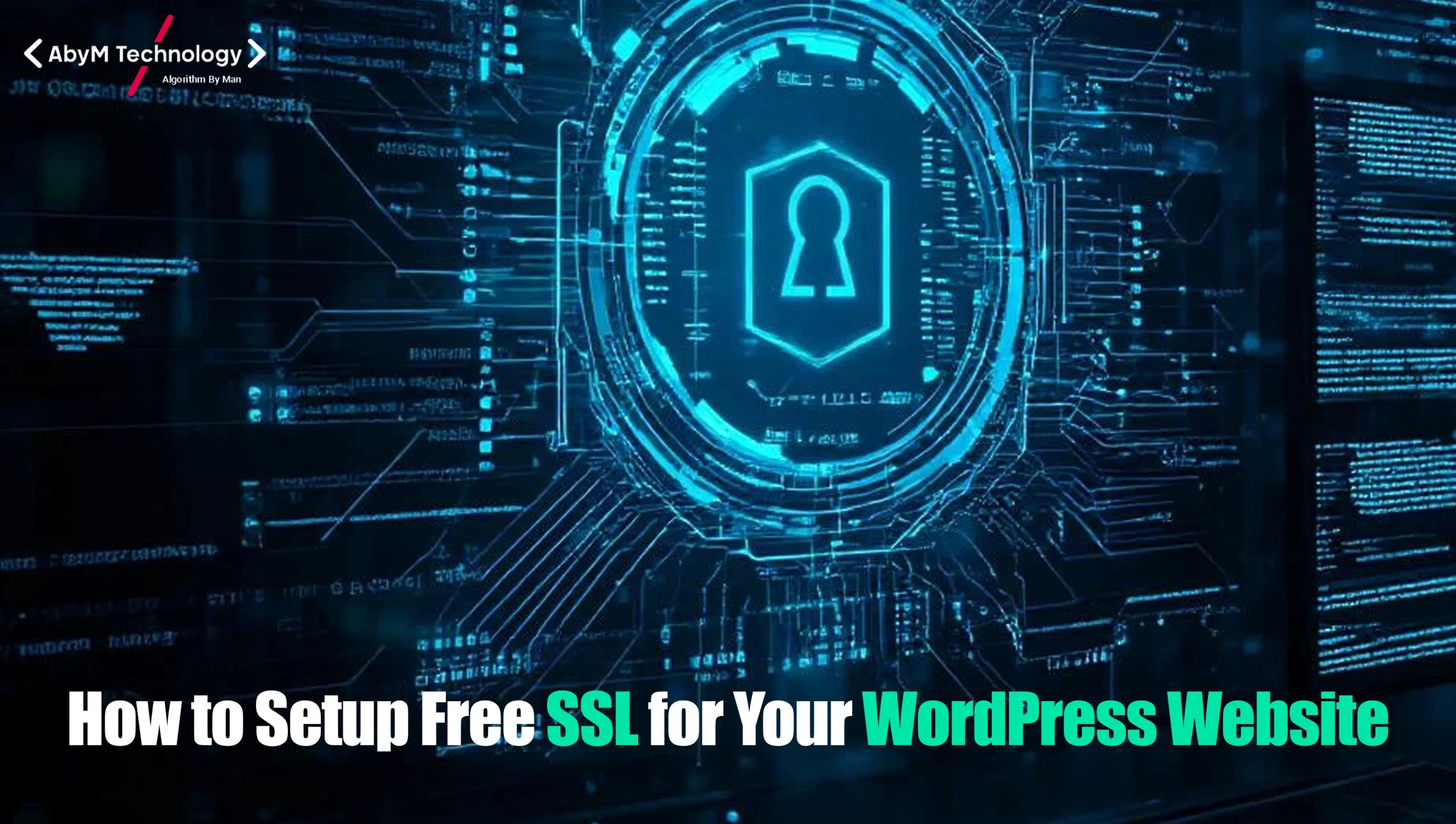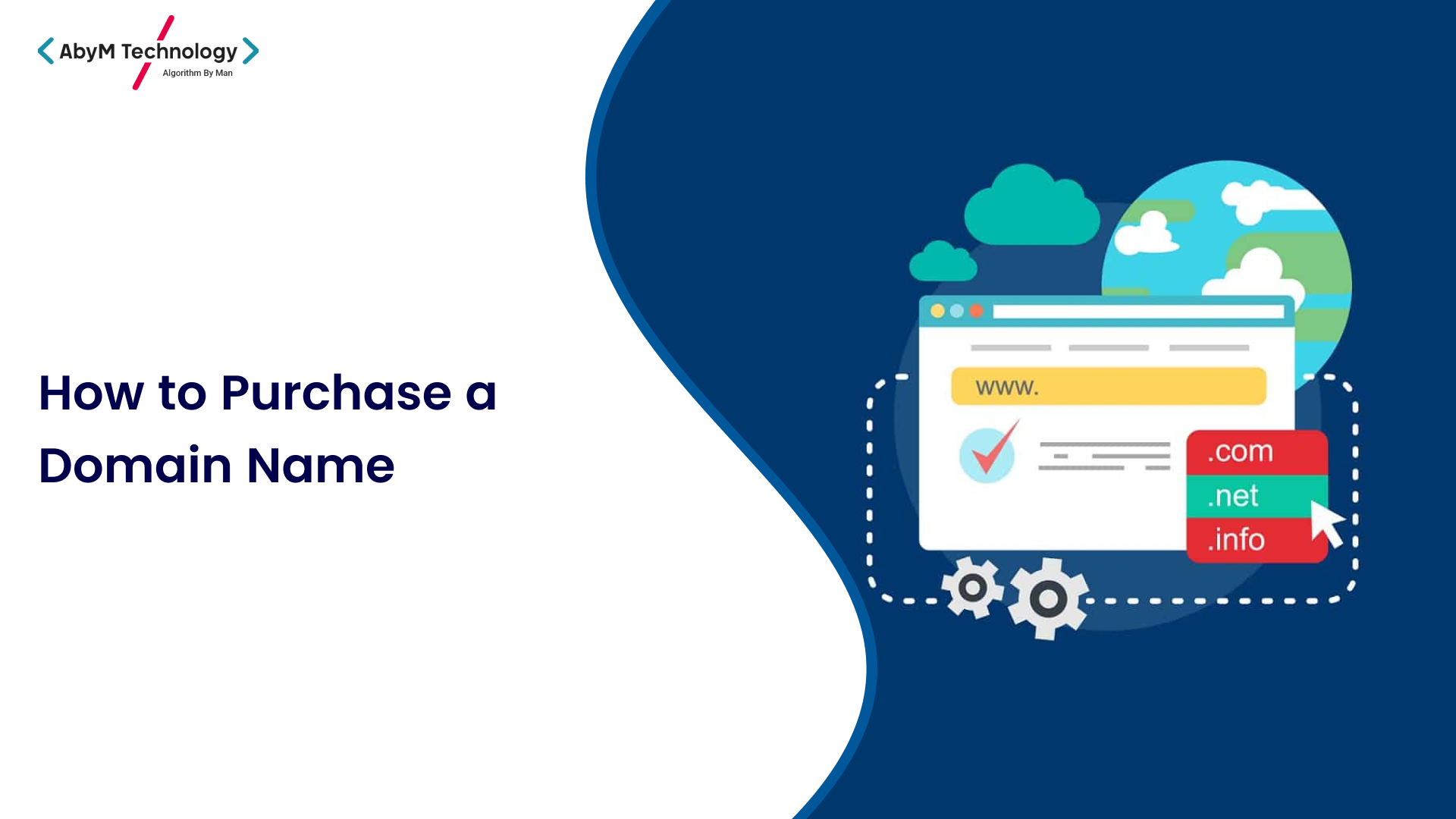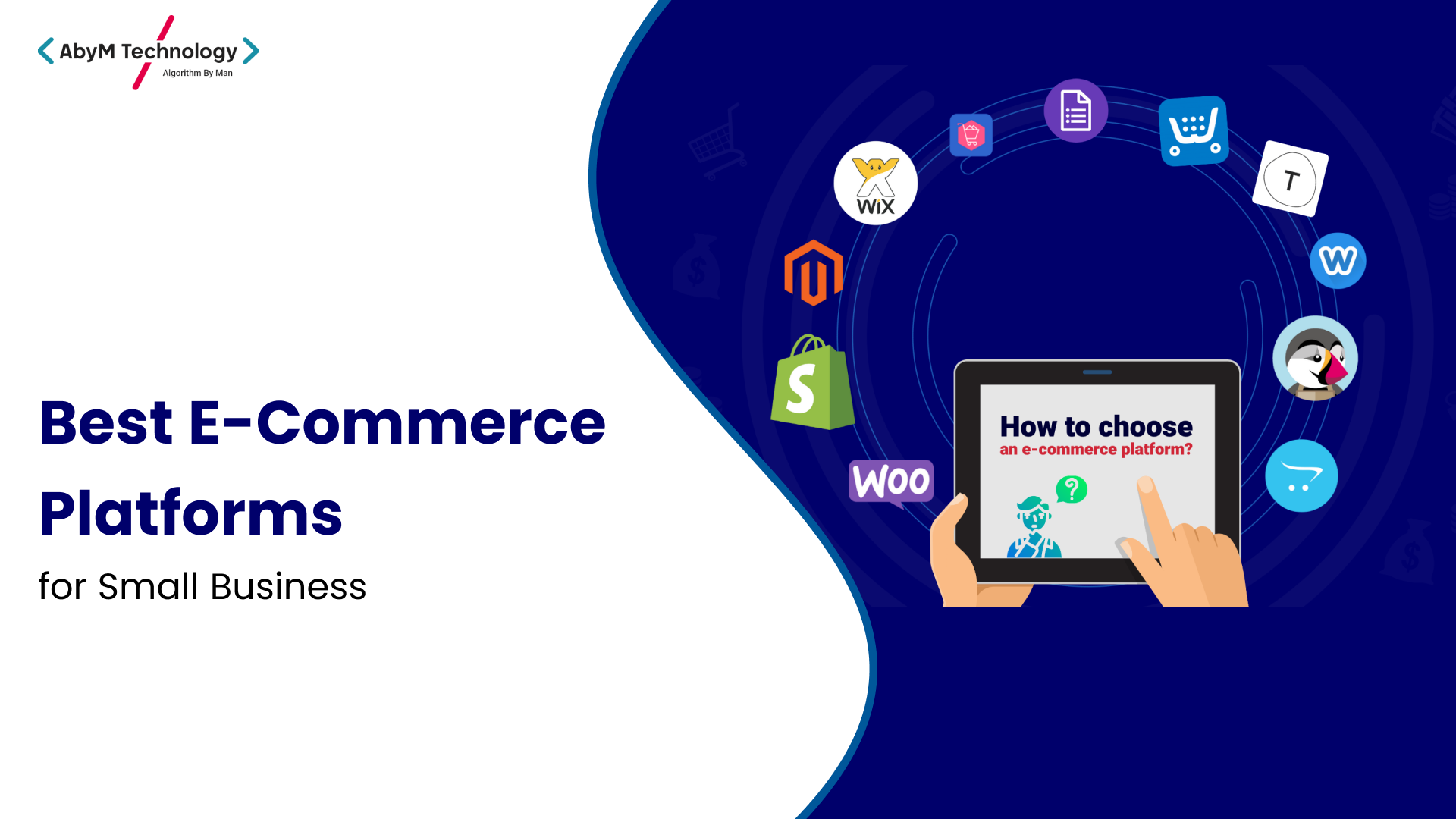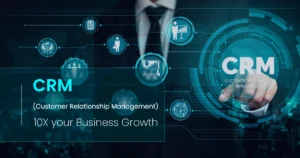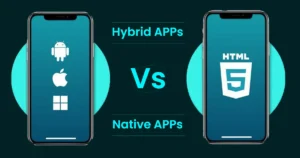Difference Between Startup and Business: Understanding Key Distinctions
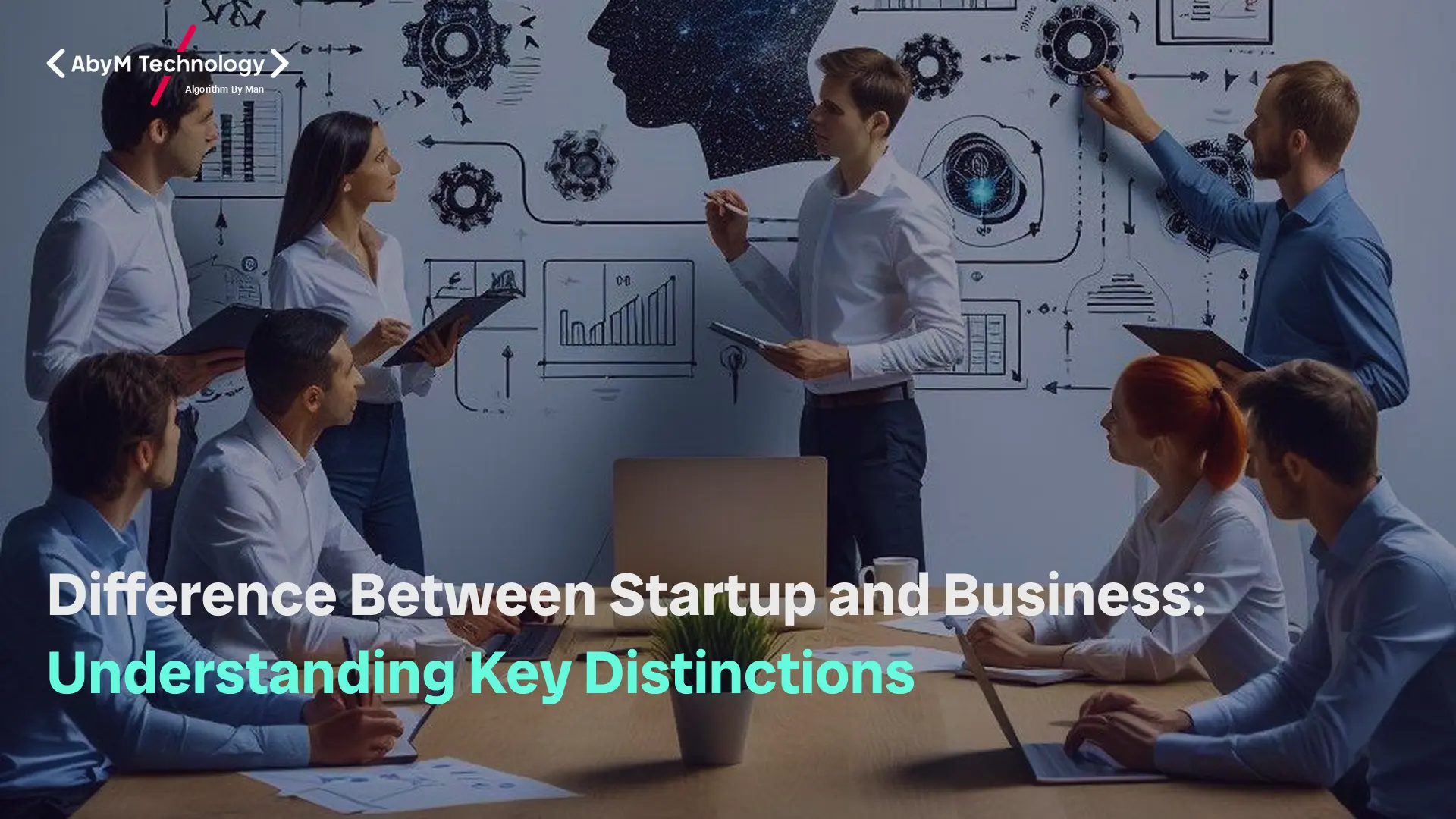
When diving into the world of entrepreneurship, you’ll often hear the terms startup and business used interchangeably. However, these two concepts are fundamentally different. While both are ventures focused on generating profit, their strategies, goals, and operations vary significantly. In this article, we’ll explore the key differences between a startup and a business, helping you understand the unique qualities that define each.
What is a Startup?
A startup is a new company that is designed to grow rapidly and scale quickly. These companies typically focus on innovation, solving a problem in a novel way, and disrupting existing markets. The term “startup” is commonly associated with tech companies and industries looking to create new products or services that haven’t been available before.
Key Characteristics of a Startup:
-
Innovation: Startups often aim to bring innovative ideas to life, whether it’s a new technology, business model, or service that didn’t exist before.
-
Scalability: Startups are designed for fast growth. They are often built to scale rapidly, which means they can quickly increase revenue without a proportional increase in costs.
-
Funding: Unlike traditional businesses, startups often rely heavily on venture capital (VC), angel investors, or crowdfunding to fund their rapid growth. They are focused on obtaining large amounts of capital early on to push their innovations to market.
-
High Risk, High Reward: Startups are inherently risky. The likelihood of failure is high, but if successful, they can yield significant returns and disrupt entire industries.
-
Tech-Focused: Many startups are tech-driven, particularly in areas like software development, biotechnology, or e-commerce. These industries have enabled startups to grow rapidly by leveraging technology.
-
Exit Strategy: Startups are often created with the intent of either being acquired or going public (IPO). This gives investors and founders an exit strategy that promises significant financial rewards.
What is a Business?
On the other hand, a business refers to any entity or organization that is created to provide goods or services in exchange for profit. A business can range from small local shops to large corporations. The goal is often to generate consistent profits over time rather than focusing solely on rapid scaling.
Key Characteristics of a Business:
-
Stability: Traditional businesses tend to grow at a steady and sustainable pace. The focus is on generating reliable profits over time rather than achieving rapid growth.
-
Lower Risk: While businesses still carry risks, they are generally lower than startups. The business model is usually more proven, and companies may have a clear customer base and market demand.
-
Bootstrapping or Loans: Unlike startups, businesses often start with their own capital (bootstrapping) or take loans from financial institutions rather than seeking venture capital.
-
Sustainability: The primary focus of a business is often long-term sustainability. Businesses may not aim to disrupt entire industries, but they seek to create a lasting and profitable enterprise that can thrive for many years.
-
Less Focus on Innovation: While businesses certainly innovate, they tend to do so in a more incremental way. They focus on improving products or services within existing markets, rather than creating something entirely new.
-
Exit Strategy Not Always Present: In most cases, the exit strategy for a business isn’t as pronounced as in startups. Businesses are generally built for long-term operation rather than seeking a sale or IPO.
Key Differences Between Startup and Business
Now that we’ve looked at the individual characteristics of startups and businesses, let’s summarize the key differences between them:
1. Growth and Scaling
Startups are designed to scale quickly, often leveraging technology to drive rapid growth. They are typically focused on high growth potential, with the goal of expanding rapidly. In contrast, businesses usually grow at a steady pace, focusing on stability and gradual expansion.
2. Risk and Reward
Startups are much riskier than businesses. They operate on untested ideas and often work in emerging markets, which can be unpredictable. However, if successful, the rewards are much higher. Businesses, on the other hand, are generally lower risk and are focused on stability and gradual growth.
3. Funding and Investment
Startups often rely on venture capital, angel investors, and other forms of external funding to fuel their growth. Investors are willing to take risks in exchange for high potential returns. Businesses, on the other hand, often rely on bootstrapping, loans, or consistent cash flow from sales to fund their operations and growth.
4. Innovation vs. Operation
Innovation is at the heart of startups. They aim to solve problems in creative and new ways. Startups are often disruptive, changing the way an entire industry operates. Businesses, however, focus more on operating within existing frameworks. They often improve upon existing products and services rather than reinventing the wheel.
5. Market Focus
Startups are generally focused on niche markets, looking to disrupt or create new sectors. They target customers who are looking for something innovative or groundbreaking. Traditional businesses usually cater to established markets and focus on providing consistent value to a broad customer base.
6. Exit Strategies
Startups are created with the potential for high returns and often aim to exit quickly via acquisition or IPO. Businesses typically do not have such a clear exit strategy. They are often built for long-term operation and profitability.
Which Should You Choose?
The decision between launching a startup or a business depends on your goals, resources, and risk tolerance. If you’re looking to innovate and disrupt, a startup may be the right choice for you. However, if you’re more interested in building a stable, long-term company that focuses on steady profits, a traditional business might be a better fit.
When to Choose a Startup:
-
You have a unique idea that has the potential to scale quickly.
-
You’re willing to take high risks for high rewards.
-
You can access venture capital or have investors willing to fund rapid growth.
-
You’re interested in working in a fast-paced, innovative environment.
When to Choose a Business:
-
You prefer stability and gradual growth.
-
You have a proven business model or want to operate in an established market.
-
You want to focus on long-term sustainability rather than a quick exit.
-
You’re ready to build a business with an existing customer base and market demand.
Conclusion
While the terms startup and business are sometimes used interchangeably, they are quite different in terms of goals, operations, funding, and growth strategies. Understanding these differences is essential for anyone looking to embark on an entrepreneurial journey. Whether you decide to start a startup or a traditional business, it’s crucial to assess your vision, risk tolerance, and resources before diving in.
If you’re looking for fast growth and innovation, a startup could be the right choice. However, if you want to build something sustainable and stable, starting a business might align better with your goals. Whatever you choose, remember that both startups and businesses have their unique challenges and rewards.

